Diarrhea is when there is an abnormal increase in the frequency or liquidity of your baby or child’s stools. Although not dangerous in itself, it can indicate more serious problems. The main thing to watch out for is dehydration as the food your child eats will be passing too quickly through her intestines for her to retain any of the water contained in it.
Frequent and watery stools result from irritation of the gut. It can be caused by a number of things, and it may clear up as soon as it started with no indication of the cause. Diarrhea in young babies can be very serious, as they can become dehydrated extremely quickly as result – s sunken fontanelle, the soft patch at the top of your baby’s head, will indicate this. Be sure to give your baby sufficient water to reduce the risk of dehydration.
Diarrhea in babies
Bear in mind that babies on milk diet, especially those who are breastfed, will have frequent and runny bowel movements, so these are nothing to worry about. A newborn baby who is breastfed can have roughly five bowel movements a day. She cannot store milk for very long in her tiny tummy, so you may notice her having a bowel movement with or after each feed. By the time she’s a month old, she’ll probably start each fewer bowel movements. Bottle Fed babies generally have fewer bowel movements and their stools are less runny. When your baby starts to eat solids, her stools will become firmer and less frequent. Loose, frequent stools at this age could signal diarrhea. She might be reacting to something she has eaten or be suffering from gastroenteritis, especially if accompanied by fever or vomiting.
When should I worry?
If your baby has no symptoms except for loose stools and seems happy enough, she may have eaten too much of one kind of food, especially one high in fibre, such as fruit. This kind of diarrhea will probably clear up quickly by itself. However, you should call your doctor.
- If your baby is under 12 months and has had diarrhea for more than six hours, especially if she has a fever and is in danger of becoming dehydrated
- If she has diarrhea and abdominal pain around her navel and lower right side of her groin, as she may have appendicitis, which require immediate hospitalization
- If your baby has abdominal cramps and is vomiting, and her bowel movements contain jelly-like mucus streaked with blood, as she may have a bowel blockage.
- If her stools contain pus or streaks of blood, as this may indicate an intestinal infection or anal fissures
- If your child has pale stools that are bulky and smelly and that float when you try to flush them away, as she may have celiac disease.
How to treat diarrhea
If your baby is breastfed, carry on feeding her as normal, keeping a close eye on the frequency of her bowel movements. If she is bottle fed, stop the milk feeds and give her cooled, boiled water from a bottle, cup or spoon. In either case, if the symptoms have not cleared up after six hours, consult your doctor. For older children, avoid giving any more food or milk and stick to frequent drinks of rehydration solution and water.
How to avoid diarrhea
Encourage your child to watch her hands after she has been to the loo and also before eating so that germs and bacteria are not spread. Wash your hands after you have changed a nappy and before you prepare food to help prevent the spread of germs.
Prior to six months
Whether breastfeeding or otherwise, you’ll need to be aware that certain foods can cause an allergic reaction in babies and therefore should not be given before the age of six months, after which the immune system is better established.
Foods to try after six months
- Cereals such as baby rice, millet and maize all gluten-free.
- Pureed fruit and vegetables. Try sweet potatoes, avocado, carrot, swede, butternut squash, apple, pear or banana.
From seven to nine months
- Cereals such as the gluten-free ones above.
- Wheat-based products (introduced slowly), such as cooked pasta shapes, and porridge.
- Leafy green vegetables as well as other fruit and vegetables
- Pureed lentils.
- Mashed potato
- Pureed meat (lean and meat or poultry) mixed with vegetables.
- Pureed fish mixed with vegetables (watching out for bones!)
From nine to 12 months
Up until this age, your baby is likely that you will have progressed to two or more meals a day. Probably, your baby will be eating breakfast, lunch and dinner. She will enjoy holding her food in her hands and will particularly delight in making a great mess everywhere. She’ll also have teeth to help with the foods that are less pureed. In addition to all the other delicious foods you have been experimenting with, you can add a few new items:
- Well-cooked eggs
- Finger food, such as baby rice cakes and breadsticks
- Bread
- Fromage frais
- Yoghurt
- Oranges
- Strawberries and kiwi fruit (although monitor these carefully as some babies may be allergic to them).



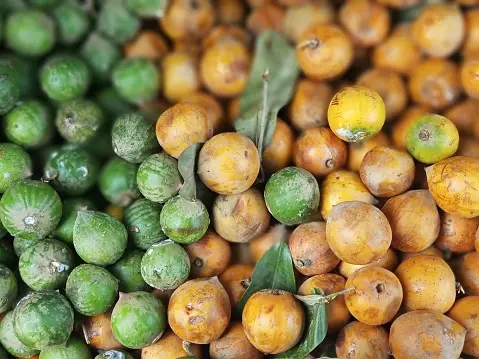
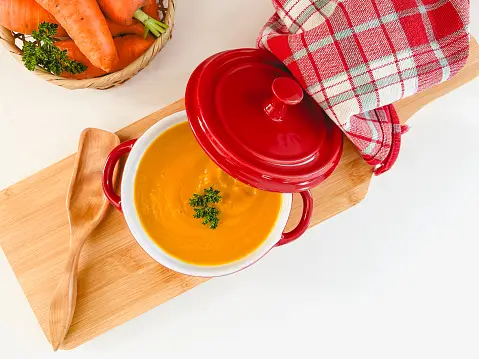
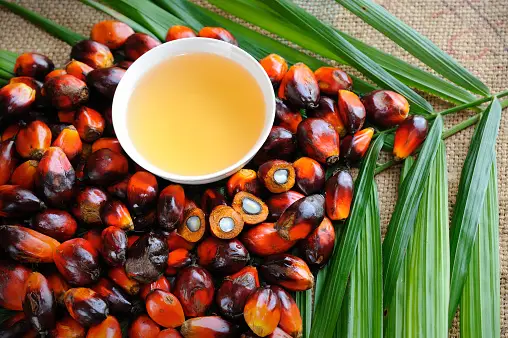

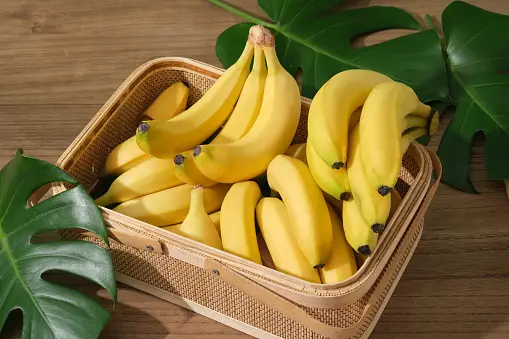
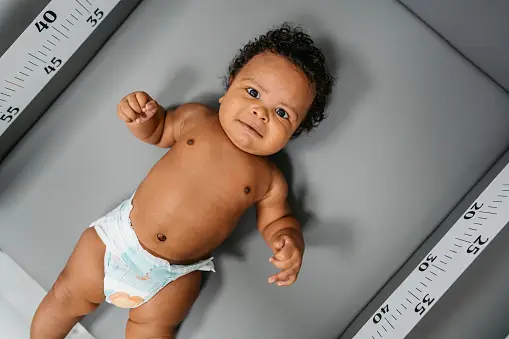

Comments